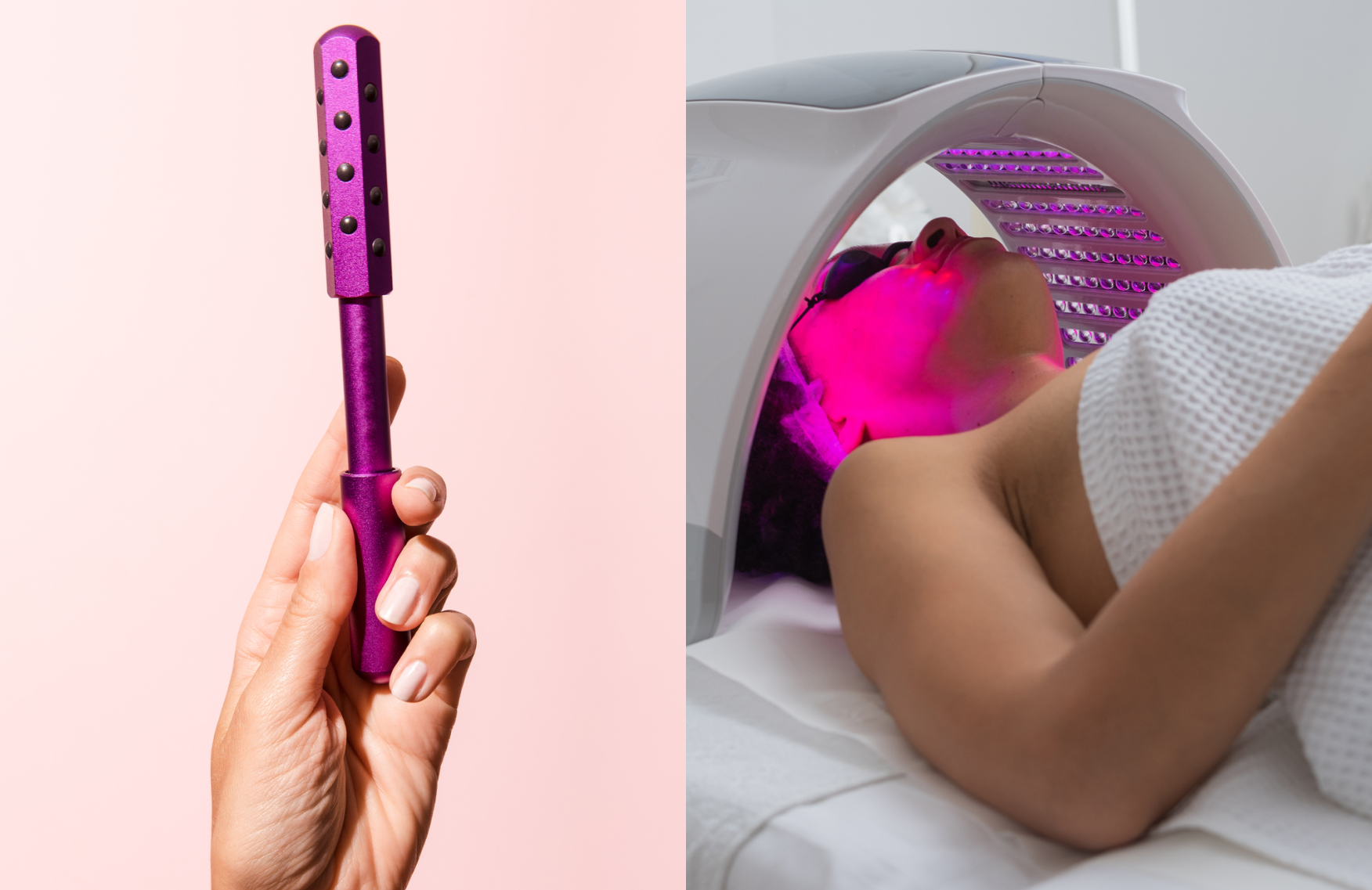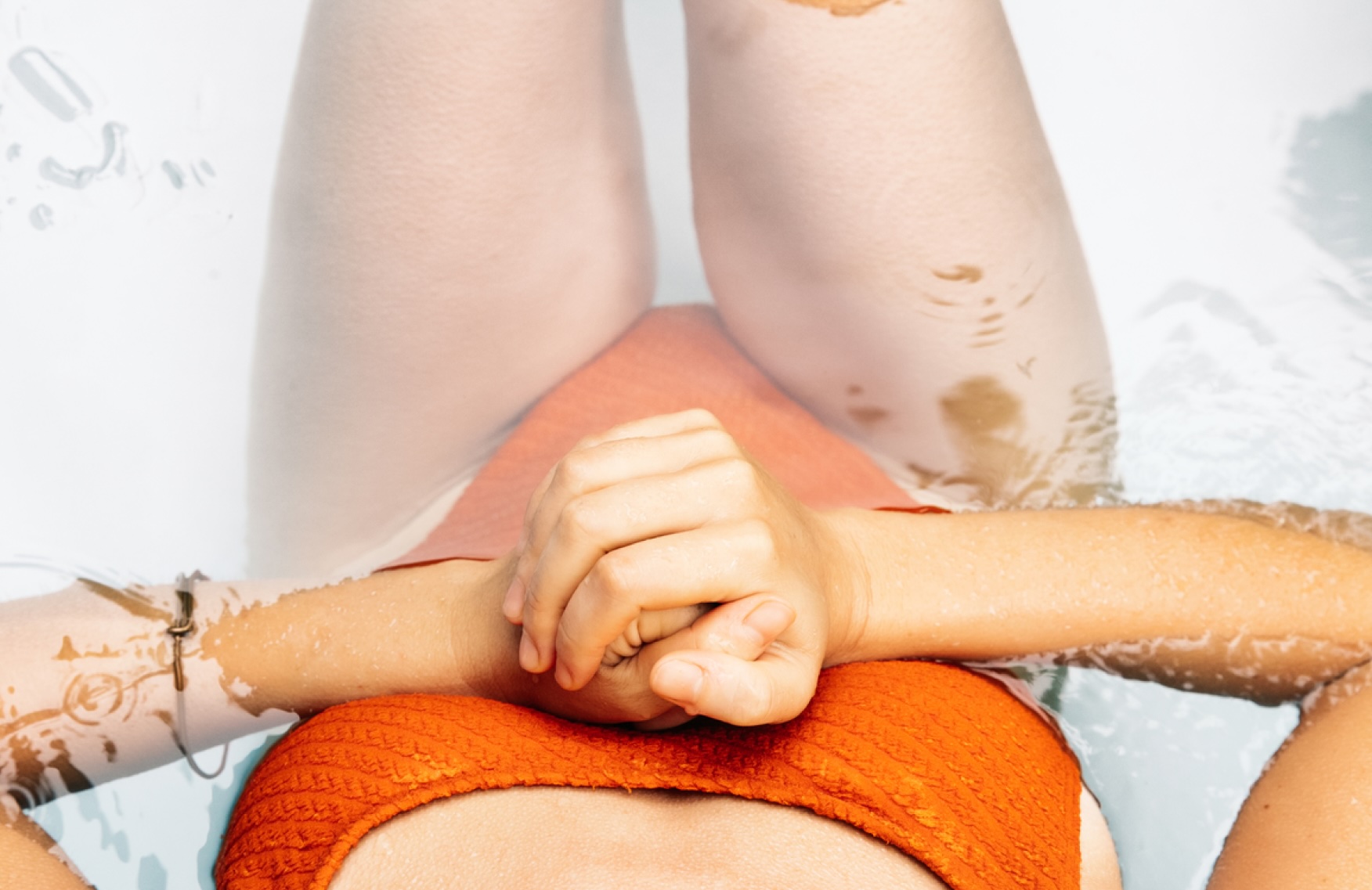Myth or reality: Can you take steps to ‘get the most’ out of a vaccine?

The most coveted item in recent memory isn’t the latest It-bag or designer sneaker—it’s a COVID-19 vaccine. As the nationwide vaccine rollout opens to more eligible groups, more people are preparing for their turn and bracing for its potential side effects, which, according to the Center for Disease Control (CDC), can include soreness, fatigue, headaches and chills.
These effects are par for the course for a vaccine that employs messenger RNA, an information-coding molecule that instructs our cells to create a protein that triggers an immune response in our bodies. The immune response then produces antibodies specific to COVID-19, which help protect us from the virus.
And if you’re an overachiever who isn’t about to take a year in quarantine for granted, you’re probably wondering if there are any extra steps you can take to boost your immune response before your vaccine shot, thus possibly increasing your body’s production of antibodies.
Does a workout, full night’s sleep or what you eat/drink make a difference?
“Vaccines are typically tested in a broad range of people, and the COVID-19 vaccine was quite effective in the population as a whole, so it is unlikely that individual factors such as environment or nutrition have a large effect,” says Dr. Beth Thielen, an infectious disease physician and assistant professor at the University of Minnesota Medical School.
She does add, however, that all the habits that typically keep us in good health do come in handy during vaccinations. “It is generally sound advice to eat a well-balanced diet that includes fresh fruits and vegetables, get regular moderate physical activity most days, and get adequate rest for your body,” Dr. Thielen says. “This shouldn’t change when getting vaccinated.”
Staying physically fit and exercising regularly have proven to keep people generally healthy from viruses such as a cold, but a study published last year in the journal Brain, Behavior, and Immunity goes further to say that those in good athletic shape experience a pronounced increase in their immune responses after receiving the flu vaccine.
But it’s not clear if a workout prior to receiving a vaccination would have any effects, no matter what shape you’re in. “There are some studies that have measured small differences in antibody levels in people who exercise, but to date we do not have evidence that these small differences are clinically meaningful,” Dr. Thielen notes.
Sleep habits are also a factor that may impact your immune response to a vaccine. A 2012 study published in the medical journal Sleep concluded that people who slept fewer than six hours on average a night were less likely to mount an antibody response, and therefore were less protected, after receiving the hepatitis-B vaccine.
As for what you consume, although it may seem counter-intuitive, a 2014 article published in the peer-reviewed Expert Review of Vaccines notes that “accumulating evidence supports an immune-boosting effect of moderate alcohol,” which is defined as up to one drink per day for women, up to two drinks for men. But heavy alcohol use—defined as six servings in one sitting for women, eight for men—should be avoided to not disrupt vaccine response.
What about mental factors like connecting with friends/family and managing stress levels?
There are indicators that suggest better social support can be linked to improved responses to flu vaccinations. According to a 2018 article in The Lancet Public Health journal, “Individuals who live with another person and those who have children are more likely to be immunized against influenza than those who live alone: This probability increases with the number of daily social contacts and participation in social activities.”
Additionally, a 2001 critical review of studies by Carnegie Mellon University showed that chronic stress can reduce the amount of antibodies our bodies produce, making flu and other vaccines less effective among those severely stressed.
If you’re worried about the mental effects a year in lockdown may have on your immune response to the COVID-19 vaccine, experts say not to fret. “The good news is that vaccines are designed to work for most people without any specific interventions,” Dr. Thielen explains.


